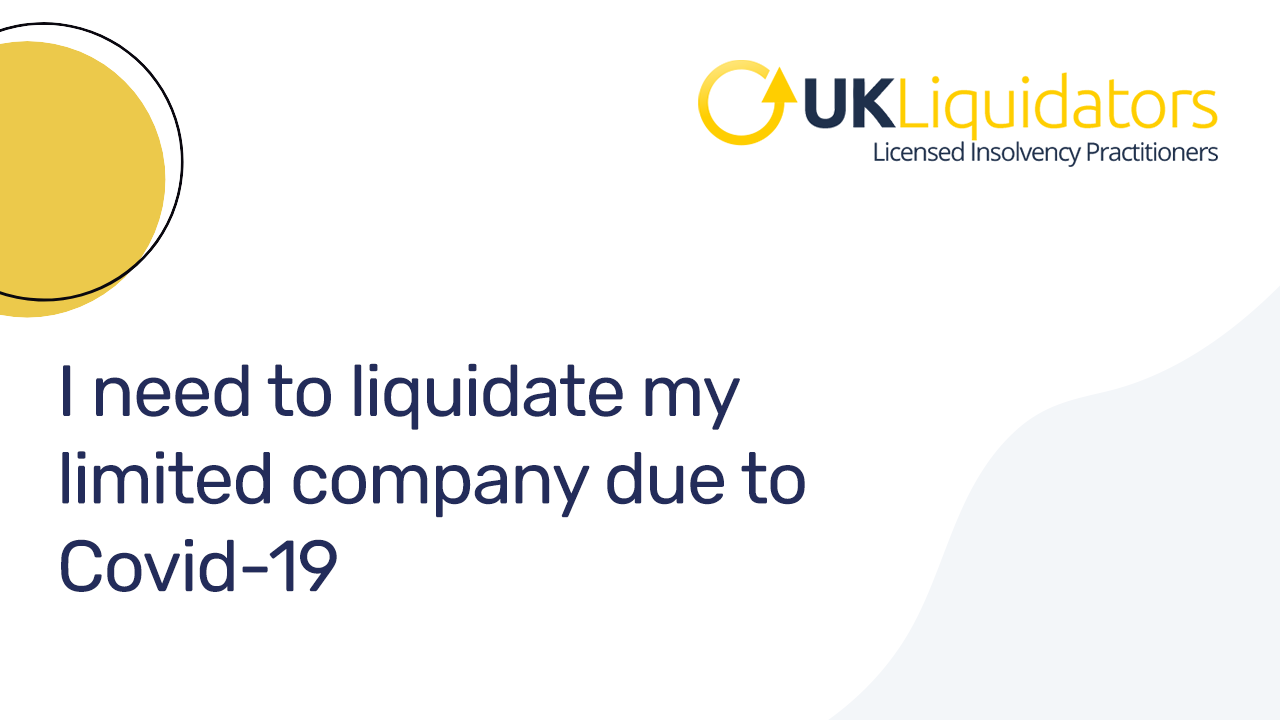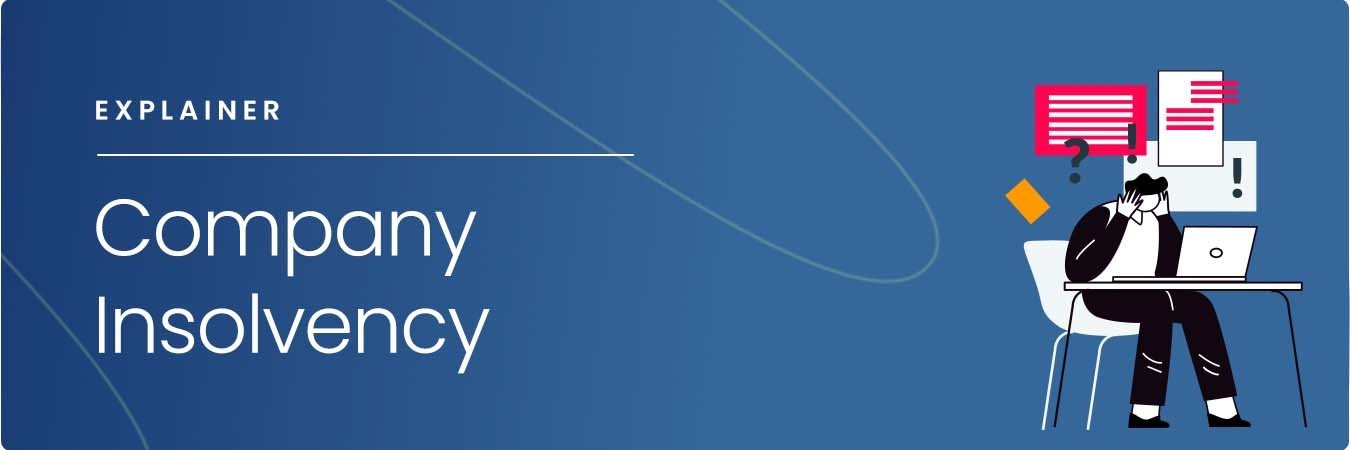The 4-Minute Rule for Insolvency Practitioner
The 4-Minute Rule for Insolvency Practitioner
Blog Article
Things about Insolvency Practitioner
Table of ContentsWhat Does Insolvency Practitioner Mean?Insolvency Practitioner - An OverviewInsolvency Practitioner Can Be Fun For AnyoneInsolvency Practitioner Fundamentals ExplainedTop Guidelines Of Insolvency PractitionerThe 10-Second Trick For Insolvency PractitionerThe 5-Second Trick For Insolvency Practitioner
Bankruptcy is when liabilities are higher than the value of the firm, or when a borrower can not pay the financial debts they owe. A company can become bankrupt because of a variety of circumstances that bring about bad capital. When faced with insolvency, a service or person can call financial institutions directly and restructure financial obligations to pay them off.Bankruptcy can lead to insolvency procedures, in which lawsuit will be taken against the bankrupt person or entity, and properties may be sold off to repay exceptional debts. Local business owner may get in touch with financial institutions directly and restructure financial debts right into more convenient installations. Creditors are commonly open to this method due to the fact that they wish to be settled and prevent losses, also if the payment gets on a delayed timetable.
Insolvency Practitioner for Dummies
The owner produces a proposal detailing how the debt might be reorganized using price reductions or various other prepare for assistance. The proposition shows creditors just how business might generate enough money circulation for successful procedures while paying its financial obligations. Usually, a forgiven financial debt may be considered earnings by the Internal Profits Service (IRS).

Insolvency Practitioner for Beginners
When operations discontinue, so does the business's revenue (Insolvency Practitioner). Some firms come to be financially troubled due to the fact that their products or services do not progress to fit consumers' transforming needs.
Expenditures surpass revenues and bills stay unsettled. Kinds of insolvency consist of cash-flow insolvency and balance-sheet bankruptcy. Cash-flow bankruptcy takes place when a company has the properties to cover their debts but they are in the incorrect type, such as property rather of liquid funds. Balance-sheet insolvency, on the other hand, suggests an absence of assets in any kind of type to cover financial debts.
The internal revenue service states that an individual is financially troubled when the overall liabilities surpass overall assets. A insolvency, on the other hand, is a real court order that depicts just how a bankrupt person or organization will pay off their creditors, or how they will offer their possessions in order to make the repayments.
The 6-Second Trick For Insolvency Practitioner

Recognizing the variables that can lead to bankruptcy, such as overspending, can aid you prevent bankruptcy and its consequences.
Excitement About Insolvency Practitioner
It is well understood that supervisors and officers of corporations (and managers of restricted liability business) owe fiduciary duties to their companies and their shareholders (or participants). These fiduciary commitments are defined by state statutes and, though there are variants from state to state, they typically include an obligation of commitment and a responsibility of care.
The responsibility of treatment needs supervisors and policemans to work out persistance, to make enlightened choices, and to act in good belief so that their actions remain in the very best rate of interest of the firm. Past the scope of this discussion, some states allow these duties to be limited either by so keeping in mind in the business files or complying with other requirements.
5 Easy Facts About Insolvency Practitioner Shown
Most states define bankruptcy in 2 methods( 1) when a business's liabilities come to be higher than the amount of its properties or (2) when the firm becomes not able to pay its financial obligations as they become dueand welcome both meanings (Insolvency Practitioner). The change in duties occurs due to the fact that when a firm is financially troubled, there is no worth in the business past that owed to the business's creditors so that the equity owners no longer have a financial risk in the company
Take care concerning giving shareholders favoritism at the expenditure of creditors (e.g., licensing and moneying a reward or a supply redemption). Beware concerning advantageous treatment between classes of shareholders. Clear up initiatives to find out all the realities before taking a details strategy; supervisors should really think that any kind of choices made remain in the very best passions of the corporation in its entirety (i.e., decisions will be evaluated in hindsight because of the effect of my explanation such activities on the company).
In any type of insolvency or bankruptcy proceeding, payments check this made to specific lenders at the expenditure of other creditors can be clawed back, especially if there is some connection between the company and the financial institution. Think about proposing at a yearly shareholder meeting (or any other conference of shareholders) a resolution affirming that all prior organization decisions and actions taken by the directors and policemans of the company were absorbed great faith after an exercise of practical care.
All About Insolvency Practitioner
Completely disclose any kind of individual or service connections with events on the other side of purchases entailing the firm to avoid the appearance of a problem of interest. In evaluating potential fund elevating transactions or a sale of possessions of the struggling firm, realize that these deals may be looked at later on because of any kind of subsequent growth of supervisors' fiduciary duties to consist of financial institutions.
Report this page